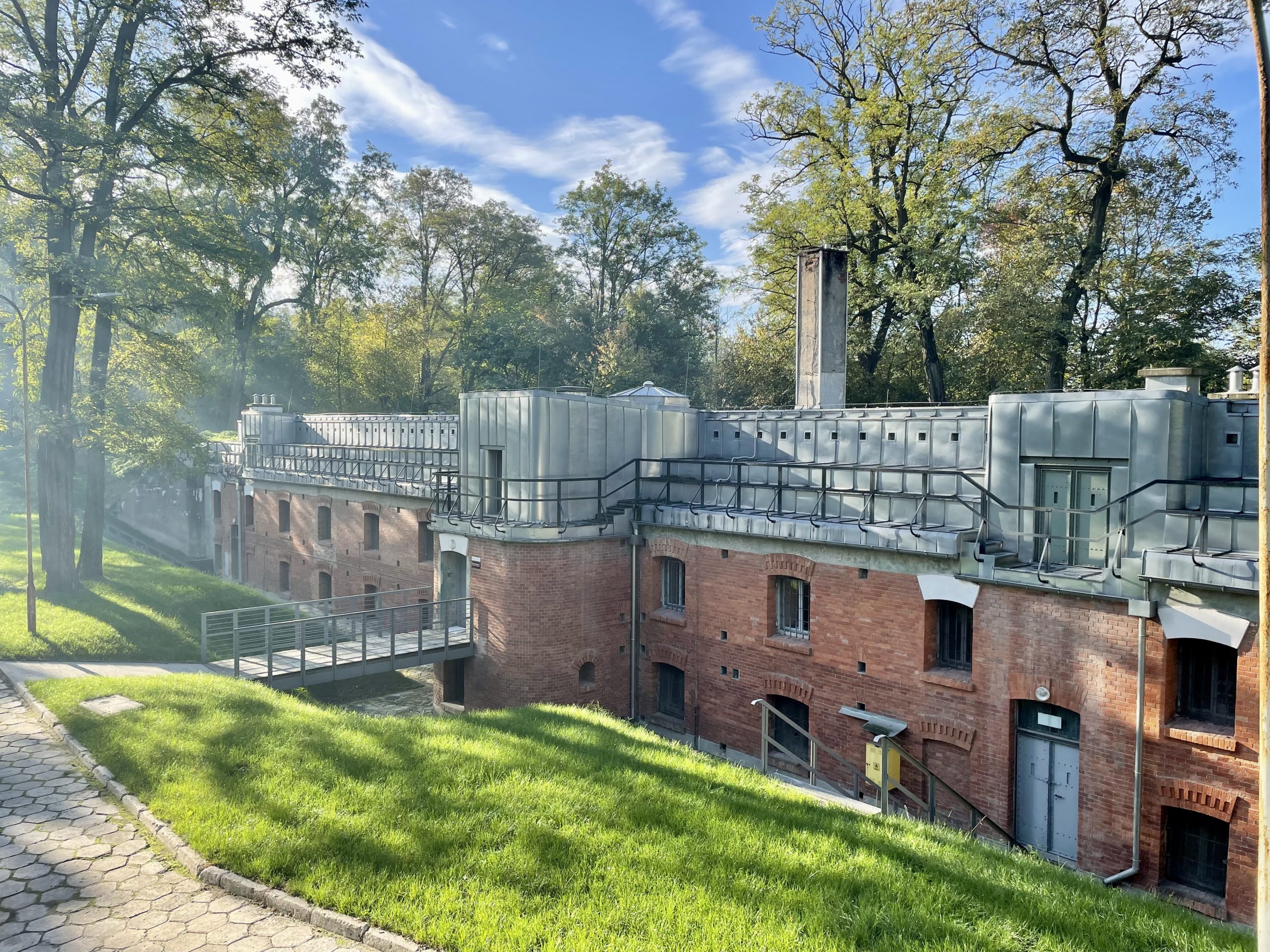For the media
The UKEN for the Centre for Documentation of Deportations, Expulsions and Resettlements is a university-wide unit. The Centre consists of a research unit, an archive, a library and a museum. The Centre is based in Kraków’s Fort 52 ½ N Skotniki – a historic building, since October 2017 owned by the University of the Commission for National Education, with a purposeful and exclusive use for the unit’s statutory activities. It should be particularly emphasised that in the years: 2014, 2015 and as part of the 3-year projects for the years: 2016 – 2018 and 2019 – 2021, 2022 – 2024 for the research methods, scientific projects and specificity of research developed by the team – the Centre was and is recognised by the Ministry of Science and Higher Education (now the Ministry of Education and Science) as a special place of research work (so-called SPUB).
The CDZWiP is the only university unit of its kind in Poland that professionally documents the so-called forced migrations of the Polish population, according to the statute: from the time of the Bar Confederation to the period of communist repression, including exiles to Siberia, those expelled from their homes by the German occupier during World War II, and resettlements in the broadest sense. So-called ‘oral history’ is a fairly new method of research in Poland (it has been used in the West for decades). At present, it is particularly favoured by modern audiovisual means and techniques, which the Centre uses to implement precursory methods of documenting and archiving sources (the head of the team was already carrying out this type of task in the mid-1990s). This makes it possible to record, collect, process and archive sources/data and prepare materials based on these sources for dissemination and publication. On the basis of source accounts, which are interviews with witnesses of history, the research carried out by the team is much broader and specialists from various scientific fields can participate. In addition to testimonies, the collection is enriched by materials from home archives (sometimes already in the possession of successive generations), which often, apart from team members, have not been accessed by any professional historian or archivist.
